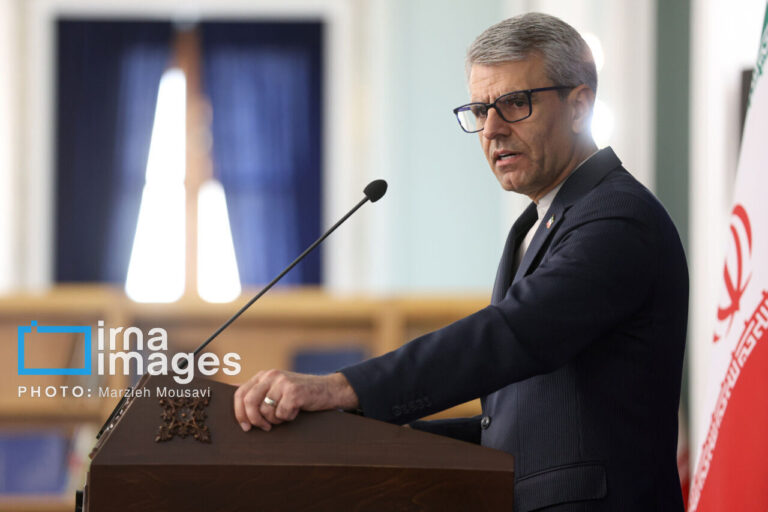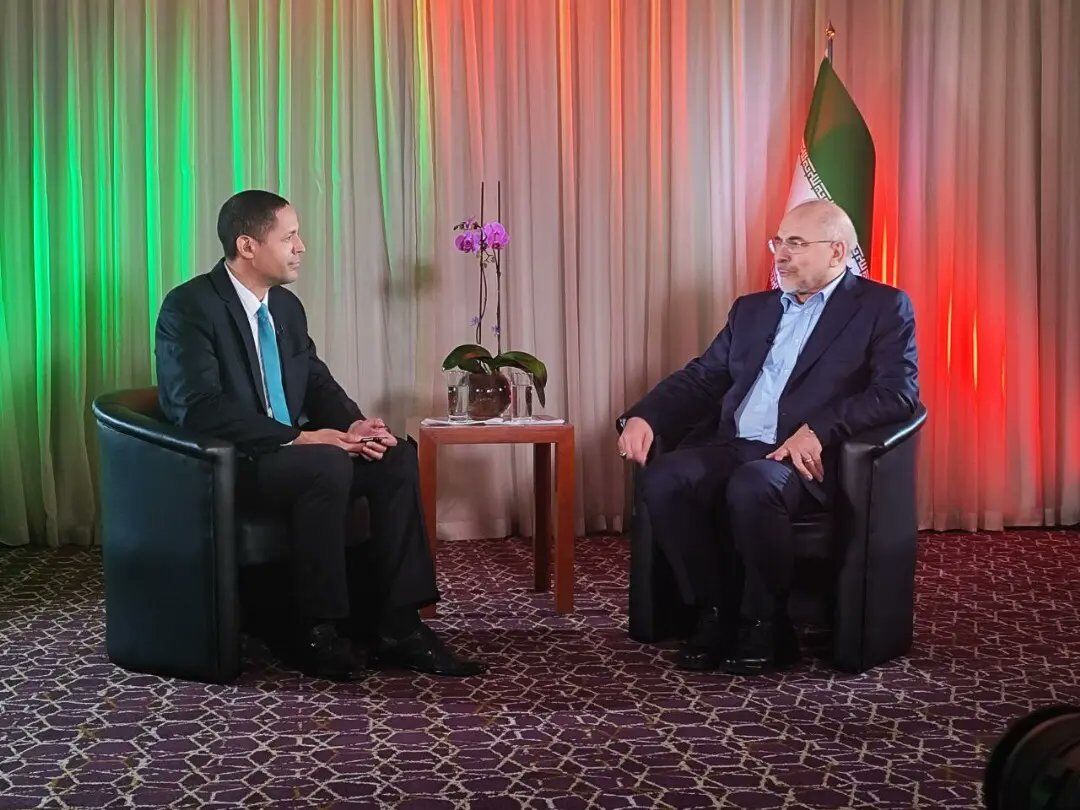
Similar Posts
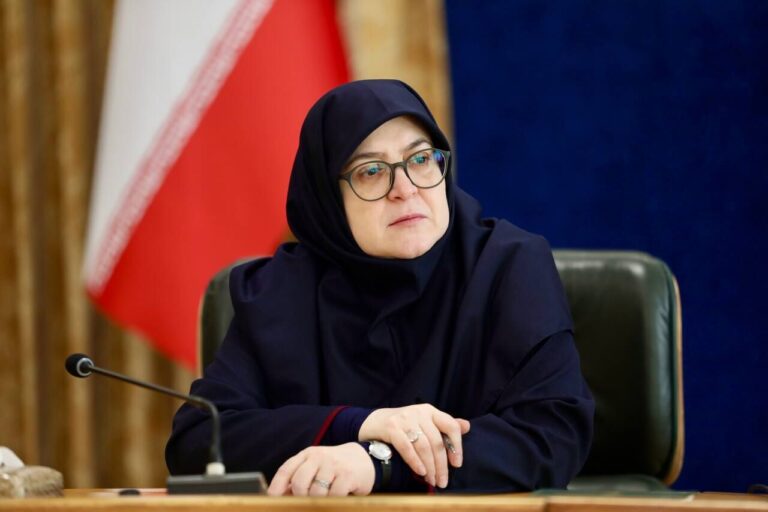
Rumors of President Pezeshkian’s Resignation Quashed by Official Spokesperson
Iranian Government spokesperson Fatemeh Mohajerani has dismissed rumors about President Masoud Pezeshkian’s resignation, asserting that the administration is functioning at full capacity to address national issues. In an interview with IRNA, she stated that such rumors are not worth responding to and highlighted Pezeshkian’s recent inauguration of industrial and development projects in Jiroft, Kerman Province, as evidence of the government’s commitment to progress. Mohajerani emphasized that the administration is focused on public concerns and growth, countering claims of resignation aimed at personal agendas. She affirmed the government’s dedication to overcoming challenges and advancing the nation.
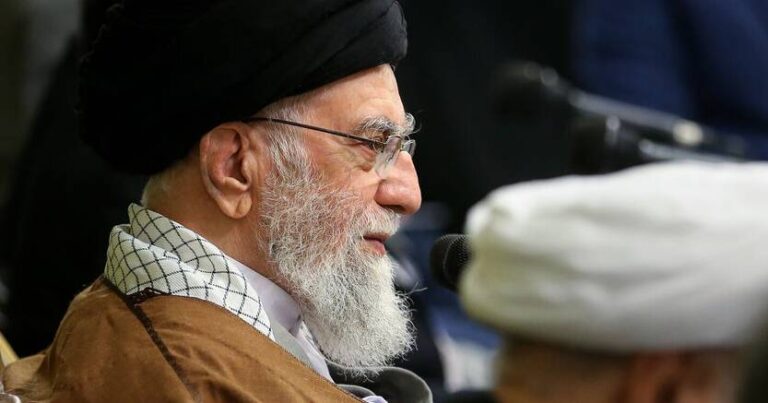
Tehran’s Tactic: Leveraging War Fears to Tighten Domestic Control
Escalating tensions between Iran and the U.S., driven by President Trump’s ultimatum for a nuclear deal, may bolster Tehran’s ruling elite amid rising public dissent. Supreme Leader Ali Khamenei dismissed talks with Trump, emphasizing Iran’s capability to retaliate against U.S. threats. State media promotes a narrative of impending conflict, aiming to unify the populace through fear. Amidst economic struggles and public discontent, officials may exploit the threat of war to suppress protests. The Islamic Republic positions conflict as both a defensive necessity and a means of intimidation, using military posturing to shape domestic perceptions while facing significant challenges.
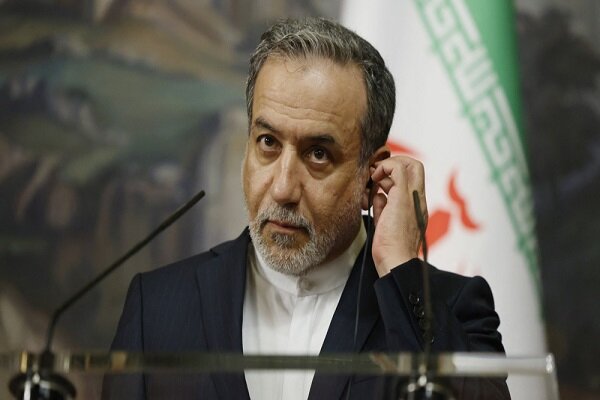
Essential Nuclear Infrastructure and Enrichment: A Non-Negotiable Commitment
During a meeting with the Pugwash International Conference delegation, Iranian Foreign Minister Seyyed Abbas Araghchi emphasized Iran’s legal rights under the Non-Proliferation Treaty (NPT) and its commitment to a peaceful nuclear program. He highlighted ongoing indirect talks with the U.S., asserting that Iran will not compromise on its rights to peaceful nuclear energy, including enrichment. Araghchi acknowledged the sacrifices made by Iranians in advancing nuclear technology despite sanctions and loss of life. He criticized U.S. officials for contradictory statements that complicate negotiations, reaffirming Iran’s readiness for dialogue while upholding its principled positions and aspirations for peaceful nuclear development.
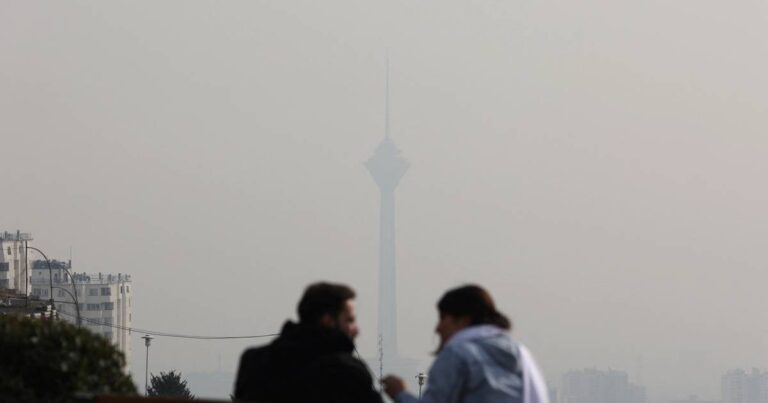
Iran’s Rare Diseases Chief Links High Prevalence to Familial Marriages: A Growing Health Concern
The prevalence of rare diseases in Iran is a significant concern, largely attributed to consanguineous marriages, according to Hamid Reza Adraki, CEO of the Iranian Rare Diseases Foundation. He emphasizes the urgent need for enhanced genetic counseling and public health initiatives to address this issue. Consanguineous marriages increase the risk of autosomal recessive diseases and fetal loss. Adraki advocates for assessing family histories, educating couples about genetic risks, and providing guidance on reproductive options. Raising awareness about the health implications of familial marriages can help shift cultural perceptions and reduce their incidence, ultimately leading to healthier families in Iran.
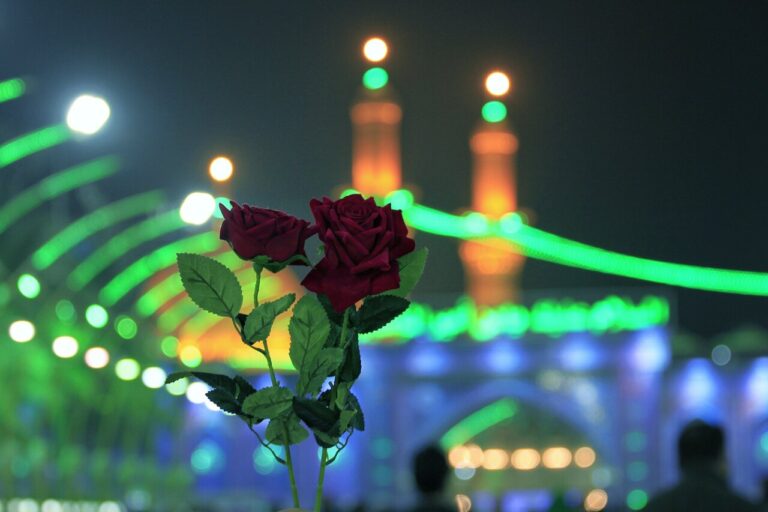
Imam Hussain (AS): The Ultimate Symbol of Freedom and Courage
Shabaan marks the birth anniversary of Imam Hussain (A.S), the third Infallible Imam and grandson of Prophet Muhammad (S.A.W). Born in Madina, Hussain is revered as a symbol of resistance against tyranny, especially highlighted during the Battle of Karbala. His legacy inspires millions, promoting values of truth and justice. The Arbaeen Pilgrimage, occurring 40 days post his martyrdom, unites diverse followers who walk to his shrine in Karbala, symbolizing solidarity and peace. Imam Hussain’s teachings encourage standing against oppression and embody a commitment to righteousness, making his life a timeless beacon of hope and inspiration.
